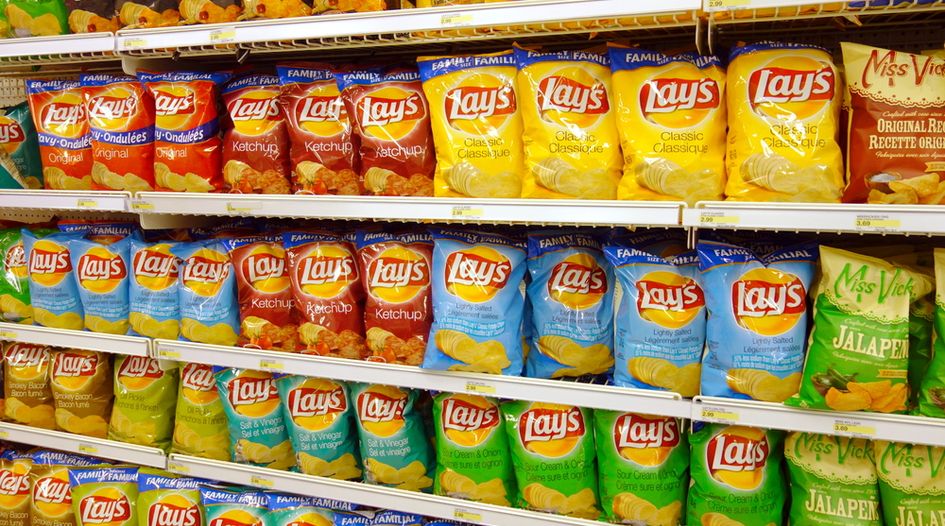Delhi High Court division bench restores PepsiCo’s plant variety registration in judgment reversal

A division bench of the Delhi High Court has reversed a single judge’s order revoking PepsiCo’s registration of its potato variety under the Protection of Plant Variety and Farmers Rights Act 2001.
Case background
PepsiCo applied for registration of FL-2027, a chipping potato variety that is suitable for making crisps. During prosecution, PepsiCo mistakenly applied for registration under the “new variety” category, instead of “extant variety”. Regardless, the registrar proceeded to register FL-2027 as an extant variety. The respondent – Kavitha Kuruganti – sought revocation of the registration before the Plant Variety Authority, which revoked it under Section 34 of the act (see “PepsiCo’s potato variety loses protection following Delhi High Court ruling”).
PepsiCo appealed before a single-judge bench of the Delhi High Court, which upheld the revocation order mainly on the following grounds:
- PepsiCo had incorrectly stated that the first commercialisation of the plant variety took place in India in 2009, when it had actually been in Chile in 2002; and
- incorrect and inadequate documentation had been submitted when applying for registration.
PepsiCo promptly challenged this decision by filing another appeal before a Delhi High Court division bench.
Reinstating PepsiCo’s rights
In making its decision, the bench addressed several issues.
Scope and objective of Section 34
The bench noted that under Section 34 of the act, revocation power is limited to situations in which it is found that:
- the grant was made in favour of a person or variety that was ineligible; or
- a variety that was otherwise not entitled for registration had been given protection.
‘New’ versus ‘extant’
The bench agreed with the single judge’s finding that mistakenly opting for a candidate variety as new was remediable and a registration is not liable to be revoked on this ground, especially if the registrar had decided to process the application under the “extant variety” category.
Issue concerning date of first sale
According to the bench, PepsiCo would have derived no benefit or advantage from deliberately or consciously declaring the date of first sale as 17 December 2009. The mention of the date of first sale being in Chile or India did not adversely impact PepsiCo’s right to apply under the act. PepsiCo retained the right to apply for the registration of its potato variety under the extant variety within 15 years from the date of first sale, and the application would thus be within the 15-year time period regardless of whether the date of first sale was 28 October 2002 or 17 December 2009.
Further, while applying for registration of a plant variety, necessary documentary proof must be submitted in a Form PV-2 at the time of filing or within six months from the application date. According to the single judge, PepsiCo had failed to provide the registrar with such documentation, and instead filed a blank form without any signatures from the breeder or the breeder’s assignee. Moreover, the documentary evidence that PepsiCo relied on – which was filed post-grant – also failed to comply with the act’s provisions. The division bench disagreed with the single judge’s conclusions about PepsiCo’s ineligibility to apply for registration.
It also pointed out that the mere action of filing lawsuits to enforce its plant variety against farmers was not conclusive evidence that PepsiCo was intimidating or vexing them.
Under powers derived from Section 20 of the act, the registrar had not called upon PepsiCo to offer any additional information when considering the registration application, stating that had these issues been flagged at that stage, the present controversy could have been entirely avoided. Ultimately, the single judge’s decision was set aside and the bench concluded that the renewal application should be restored on the file of the registrar, which should dispose of the old one in accordance with the law.
The road ahead
The division bench’s ruling is a legal victory for PepsiCo, allowing it to reclaim protection for its potato variety. However, issues related to the strict adherence of formal and procedural requirements necessitate further clarification and guidelines.
IAM recommends
India: Key SEP and Antitrust Challenges Demonstrate Judicial Desire to Strengthen Patent Regime
Indian court hands hefty fine to generic drug boss who ignored Pfizer patent injunction
PepsiCo’s potato variety loses protection following Delhi High Court ruling
This is an Insight article, written by a selected partner as part of IAM's co-published content. Read more on Insight
Copyright © Law Business ResearchCompany Number: 03281866 VAT: GB 160 7529 10

